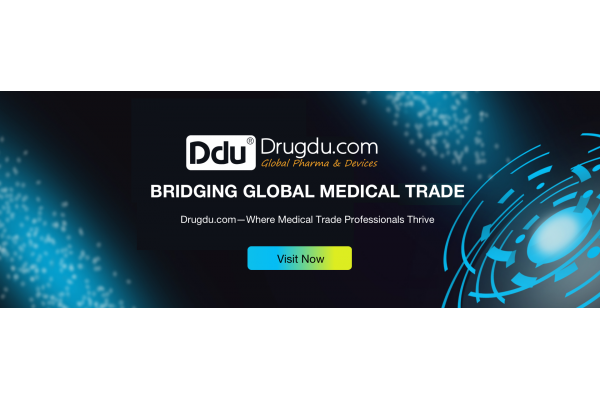【EXPERT Q&A】What do regulatory and non-regulatory markets mean?
August 7, 2024
Source: drugdu
 354
354
Drugdu.com expert's response:
Drug regulatory market and non-regulatory market are two relative concepts, and they have significant differences in the regulation, production and sale of drugs.
Ⅰ. Pharmaceutical Regulatory Market
The pharmaceutical regulatory market can be understood as one that adheres to the standards and guidelines set forth by the International Council for Harmonisation of Technical Requirements for Pharmaceuticals for Human Use (ICH). These markets typically operate under stringent legal and regulatory frameworks, imposing rigorous oversight on drug research and development, production, and sales. Specifically, the pharmaceutical regulatory market necessitates that drugs comply with relevant quality and safety standards and undergo rigorous approval processes before being marketed and sold. In such markets, government regulatory authorities rigorously supervise and manage drugs to ensure their quality and safety.
Ⅱ. Unregulated Market
The unregulated market, on the other hand, refers to markets that operate in violation of local laws and regulations. These markets often escape government oversight and management, allowing sellers to distribute drugs with various issues, including counterfeit, smuggled, unregistered, illegally obtained, or expired products. These drugs pose significant safety hazards, with uncontrollable quality, and consumers may struggle to access effective post-purchase consumer protection channels. Furthermore, unregulated markets are often plagued by malicious competition, fraud, and other unethical practices, disrupting market order and infringing upon consumers' legitimate rights and interests.
It is important to note that the definition of an unregulated market is not limited to the pharmaceutical sector but may encompass multiple industries and domains. However, in the context of pharmaceuticals, the existence of unregulated markets poses a severe threat to public health. Consequently, governments typically adopt stringent measures to combat these markets and strengthen market regulation and enforcement efforts.
In conclusion, the pharmaceutical regulatory market and unregulated market exhibit profound differences in regulation, production, and sales. To safeguard public health and safety, we should actively support the development of regulated markets and resolutely combat the existence of unregulated markets.

Read more on
- 【EXPERT Q&A】Can multiple manufacturing enterprises be entrusted to produce medical devices? March 4, 2026
- API Is Not Just a Cost – It’s Your Ticket to Global Markets March 3, 2026
- 【EXPERT Q&A】What factors should be given priority consideration in the benefit-risk assessment of medical devices? March 2, 2026
- 【EXPERT Q&A】How can the compliance assessment of in vitro diagnostics (IVDR) in the European Union be carried out in a standardized and efficient manner? February 27, 2026
- 【EXPERT Q&A】How to apply for the classification and definition of medical devices? February 25, 2026
your submission has already been received.
OK
Subscribe
Please enter a valid Email address!
Submit
The most relevant industry news & insight will be sent to you every two weeks.



